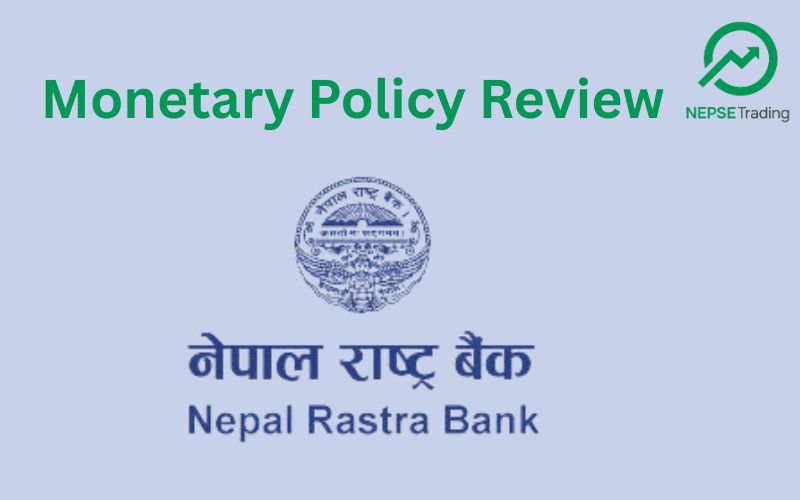By Dipesh Ghimire
Foreign Exchange Issues Threaten Nepal's Telecom and Internet Services

Nepal's telecom sector faces significant challenges as telecom service provider Ncell struggles to pay international vendors for bandwidth imports, equipment purchases, and consultancy services. This financial bottleneck stems from the Nepal Telecommunications Authority (NTA) halting foreign exchange facilitation over unpaid fees for the 2100 MHz frequency band. The broader implications of this standstill reveal systemic issues in Nepal's regulatory and financial ecosystems.
Ncell's troubles began in December 2021, when the company challenged the NTA in court over the pricing of the 2100 MHz frequency band. Ncell argued that the frequency had been in use, with payments already made, while the government sought to impose new fees through an auction process. The legal dispute remains unresolved, but NTA's decision to suspend foreign exchange facilitation has created operational difficulties for Ncell and raised questions about the fairness of regulatory decisions.
The crisis extends beyond Ncell, affecting internet service providers (ISPs). Earlier this year, a dispute over unpaid dues led Indian upstream providers to cut bandwidth to Nepal, causing nationwide internet outages. This incident underscores the vulnerabilities of Nepal's internet infrastructure and its heavy dependence on foreign service providers. Many ISPs claim they have been unable to pay dues for over 18 months, increasing the risk of further service disruptions.
While Nepal Telecom, the state-owned provider, enjoys direct access to foreign exchange facilities, private players must navigate a complex bureaucratic process involving NTA, multiple ministries, and Nepal Rastra Bank. This disparity has led private providers to accuse the government of discriminatory practices. The lack of timely facilitation has hindered service expansion, impacted customer satisfaction, and created financial strain on private telecom companies.
Regulatory bodies such as NTA and ministries have defended their actions, citing the service providers’ failure to meet financial obligations. NTA spokesperson Pradeep Paudyal argued that repeated non-compliance by service providers necessitated the suspension of facilitation. However, industry leaders believe this approach is overly punitive and detrimental to sector growth.
Anand Raj Khanal, a former NTA director, pointed out that the rigidity of existing laws fails to accommodate modern telecom needs, such as consultancy services. He stressed that halting facilitation disrupts the entire telecom ecosystem, including infrastructure development and service reliability.
The challenges in Nepal's telecom sector highlight deeper issues in governance and regulatory practices. While the government claims no barriers to facilitation, the lack of coordination and bureaucratic delays have made it difficult for private players to operate effectively. These inefficiencies not only stall the growth of the telecom sector but also jeopardize essential services for millions of Nepalis.
The situation demands a reevaluation of Nepal's telecom policies and regulatory frameworks. Experts advocate for modernized laws and streamlined processes to support both public and private providers. Without urgent intervention, Nepal risks further disruptions in its telecom and internet services, undermining the sector's potential to drive economic and digital growth.
This issue reflects systemic challenges in Nepal’s regulatory landscape, where outdated policies and inconsistent governance hinder private sector growth. The government's dual standards between state-owned and private entities exacerbate the problem, reducing investor confidence and limiting innovation. To ensure sustainable development in the telecom and internet sectors, Nepal must prioritize equity, modernize its legal frameworks, and foster collaboration among all stakeholders.









